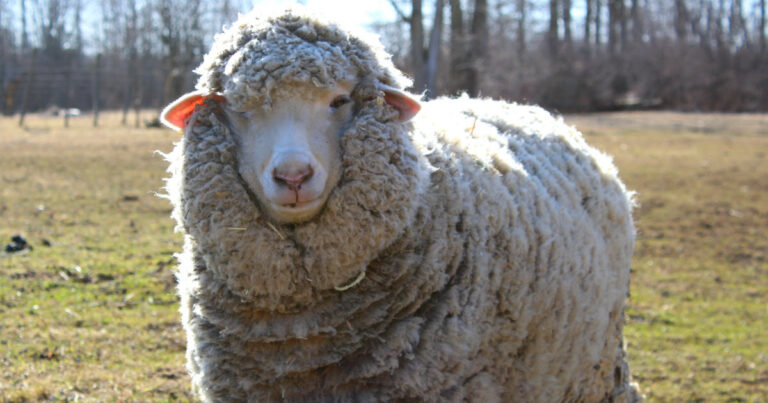



Article by: Hari Yellina
Following an epidemic of foot and mouth illness in South Africa, China has prohibited the import of sheep and wool from the country. The prohibition, which was implemented at the beginning of April in response to FMD outbreaks in the provinces of North West, Kwa-Zulu Natal, and Limpopo, applies to all cloven-hoofed animals and their products. Due to an FMD outbreak in 2019, a similar ban was implemented in 2019, with the restrictions lasting in effect for eight months. The restriction has already had a “huge impact” on the South African wool sector, according to industry association Cape Wools SA.
“The importance of the South African wool sector cannot be overstated, as it provides employment to roughly 40,000 communal and 8000 commercial farmers, their families and dependents, as well as farm workers,” Cape Wools SA said. For the sale of their wool, communal farmers, in particular, rely on the Chinese market. The declaration of a new restriction was unexpected, according to Cape Wools SA, because the 2019 prohibition ended with the installation of new requirements for imports to China. The wool sector is presently engaging with national and international stakeholders to impress upon them the fact that wool already meets export criteria in terms of foot and mouth disease resistance and should be excluded.
South African wool auctions have been postponed until Chinese authorities provide more information regarding the ban’s duration and details. Given the COVID-19 lockdowns in portions of China right now, Australian Wool Innovation CEO John Roberts said it was impossible to evaluate how the Australian wool business may be impacted. “It’s uncertain when some big textile plants in China will reopen, and thus what effect the South African wool import ban will have on increasing demand for Australian wool,” he added. “A similar circumstance occurred in 2019, and our market was at historically quite high levels at that point in the market cycle, so there wasn’t a major spike in the market,” he said. Because South Africa primarily produces merino, the length of this will decide how much interest flows into the Australian market.